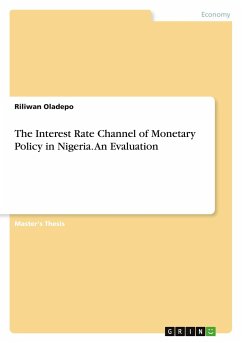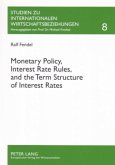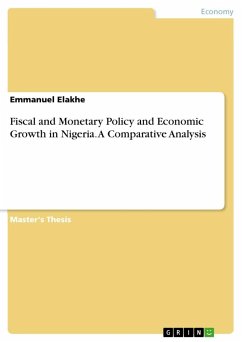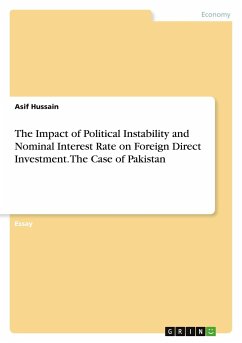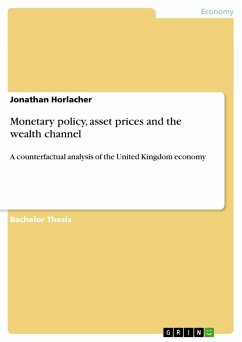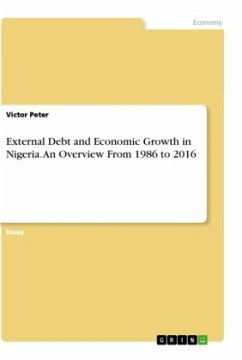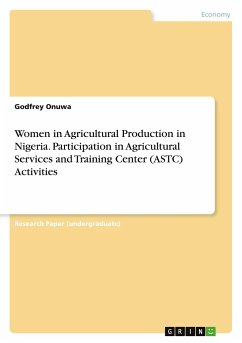Master's Thesis from the year 2021 in the subject Economics - Monetary theory and policy, grade: 80.00, University of Ibadan, language: English, abstract: This study evaluates the direct and indirect interest rate channels of monetary policy in Nigeria. Quarterly data from 1993 to 2019 were sourced from the Central Bank of Nigeriäs Statistical Bulletin. The outcome variables were output and inflation and each channel consists of three steps of equations. Three Stage Least Squares estimation technique was used to perform a step-by-step estimation and evaluation of the channels. Then, the overall effect of monetary policy on output and inflation was determined. Monetary policy is one of the two policies used by policymakers to adjust macroeconomic fundamentals when they deviate from their targets and to achieve a specific macroeconomic goal like full employment and price stability. The effectiveness of monetary policy in achieving these targets depends on the effectiveness of the monetary policy transmission channels. Theoretically, the interest rate channel of monetary policy transmission works directly through its effect on investment and indirectly through its effect on bank lending, asset prices, and exchange rate.

